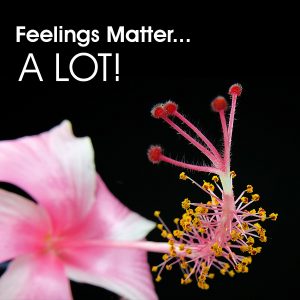
Here’s an extremely informative article on the “Social Sharing of Emotions”. If you’ve ever wondered why Facebook is so incredibly popular, here’s why… we want, and “need” to share our emotions!
- Emotions necessitate “cognitive articulation” because of their dense, complex nature
- Rimé et al. coined the term “social sharing of emotions” in 1991 to name the observed phenomenon
- predominantly consisted of “giving information” and “expressing feelings” (IQ + EQ!)
- 88–96% of emotional experiences were followed by social sharing of those experiences at least one time.
- “… to become mature adults one must become autonomous and capable of regulating emotions independently. In the field of psychology a healthy individual is typically seen as ‘self-contained, independent and self-reliant, capable of asserting himself and influencing his environment.[5]‘”
- “88% of bereavers felt a need to talk about the event to others.”
- “58% of emotional events were shared the same day that the event occurred. “
- “no sex differences concerning the amount of social sharing of emotion between men and women” and “no differences were found” in level of education.
- Motives might include: Bonding, Obtain Help, Venting, Draw Attention, Legitimize, Get Advice, Entertainment and Empathy
- “When the social sharing is done between partners in an intimate relationship, it could be seen as a reinforcement of their affective bond.”
- “Specifically, emotional experiences involving feelings of shame and guilt tend to be shared less frequently, less often, and with fewer people. “
- “Sharing is not necessarily a short-lived occurrence; participants reported that they sometimes still talked about the episode several times, and sometimes talked about it several months later.”
- “The phenomenon of the social sharing of emotions extends beyond just the realm of psychology; it also has been considered in the context of anthropology.[1][2]” — a shared knowledge.
